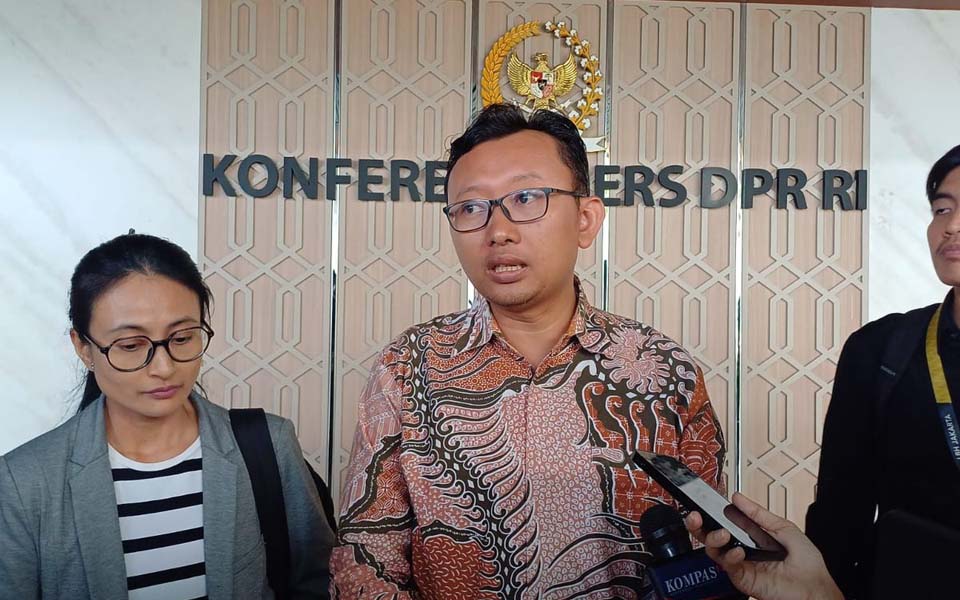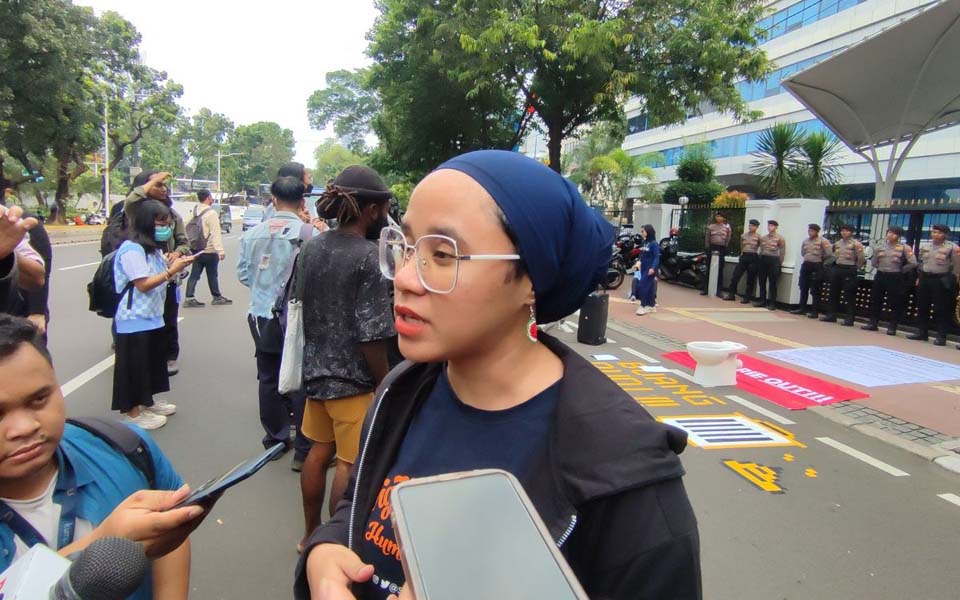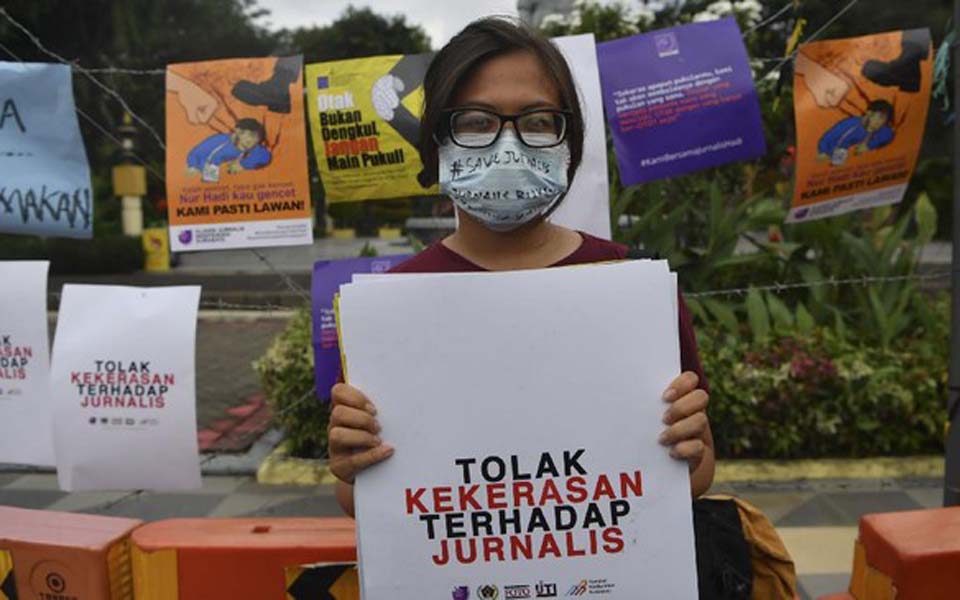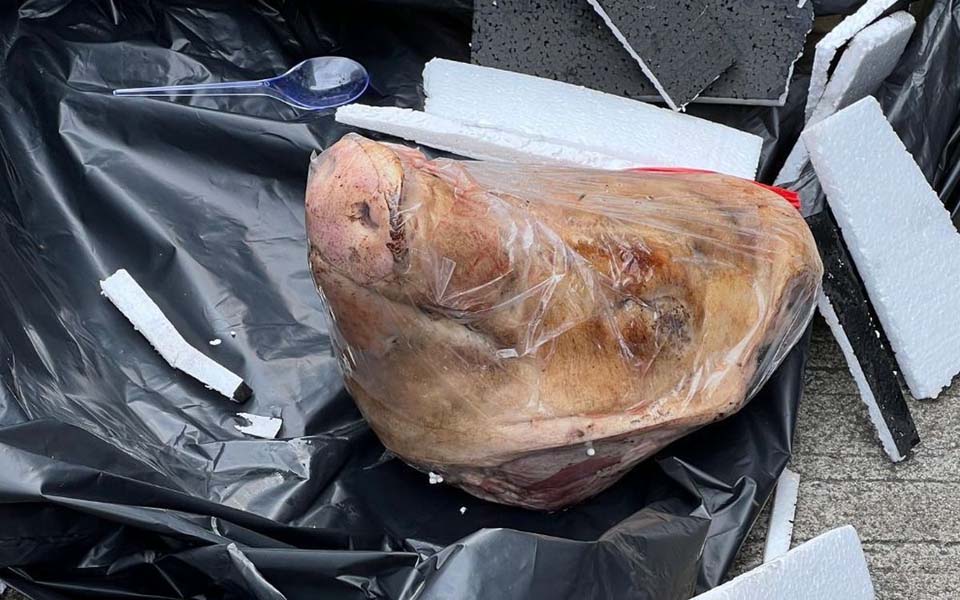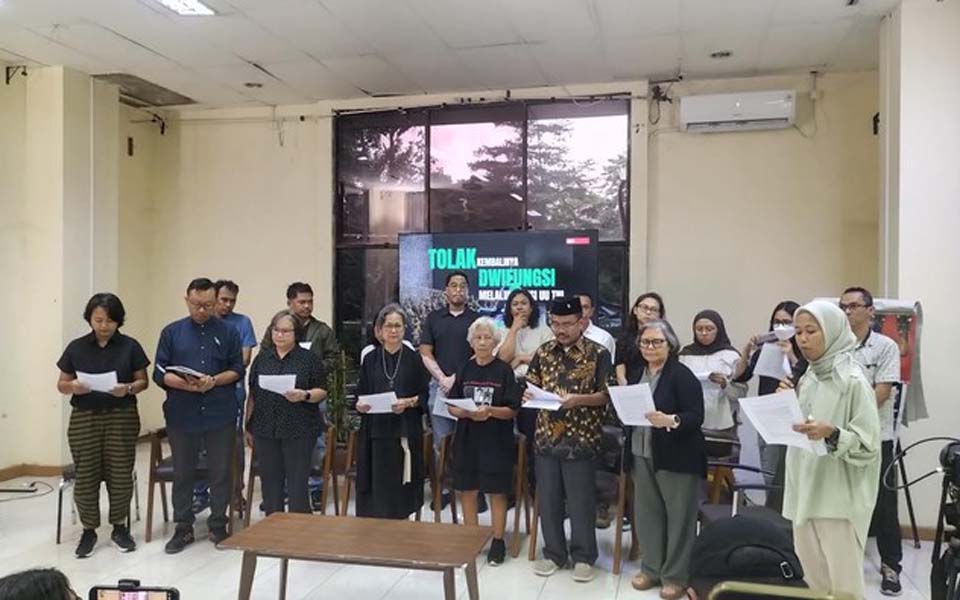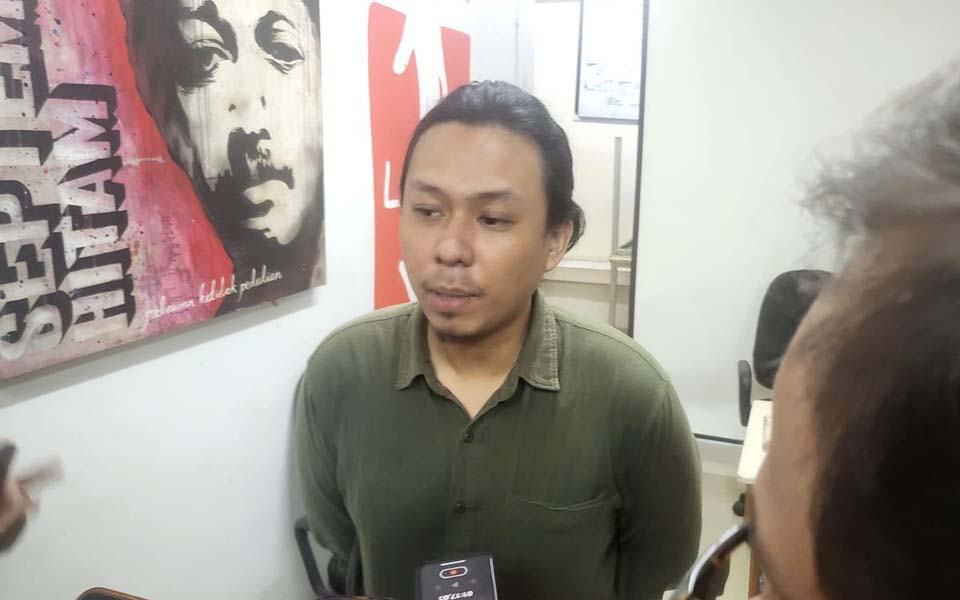Ardito Ramadhan, Jakarta – University of Indonesia Student Executive Council (BEM UI) Chairperson Bayu Satria Utomo believes that the stipulations under Article 273 in the revised Draft Criminal Code (RKUHP) could criminalise protest actions.
The article reads, "Anyone who without providing prior notification with the authorities that holds a march, protest action or demonstration on a public street or in a public place which results in disturbing the public interest, causes a commotion, or a riot in society shall be punished with a maximum prison sentence of 1 (one) year or a maximum fine of category II".
"This of course criminalises us who often take to the streets, who are often in the field", said Utomo during an exclusive interview with the Kompas.com program Gaspol! on Tuesday July 5.
Utomo compared these stipulations with those in Law Number 9/1998 on the Freedom to Convey and Opinion in Public. According to Utomo, the stipulations in the RKUHP betray the spirit of reformasi – the political reform movement that began in 1998 – which are enshrined in Law Number 9/1998.
This is because Law Number 9/1998 does not stipulate criminal sanctions for holding protest actions. It only states that they can be disbanded if they are held without prior notification with the authorities.
"Our brothers fought for reformasi which at the time gave birth to Law Number 9/1998 on the Freedom to Convey an Opinion in Public with the sanction that it could be disbanded, not [deemed to be] a crime", he said.
In addition to this, Utomo also raised the issue of diction of "disturbing the public interest" in Article 273 of the RKUHP, which according to Utomo is open to multiple interpretations.
Utomo is of the view that it is reasonable if "disturbing the public order" is defined as creating a commotion or causing a riot. But he is concerned because traffic congestion – which usually happens as a result of protest actions – could be interpreted as a form of "disturbing the public interest".
"If it's like this, all demonstrations will be criminalised because demonstrations are usually held in the streets and people get annoyed and in the end it causes congestion", he said.
In response to this, a member of the RKUHP socialisation team, Albert Aries, claimed that the criminal stipulations in the article do not apply if students provide prior notification of the demonstration.
He explained that all of the elements in an article, in this case Article 273 of the RKUHP, must be proven first in order to prosecute a person who is alleged to have committed the violation.
"If one of the elements is not fulfilled, the consequence is that in court [the defendant would] have to be released, the police would have to end the criminal investigation. So, once students have notified [the authorities], the elements would not then be fulfilled", said Aries.
[Translated by James Balowski. The original title of the article was "BEM UI Khawatir RKUHP Mengkriminalisasi Aksi Unjuk Rasa".]






